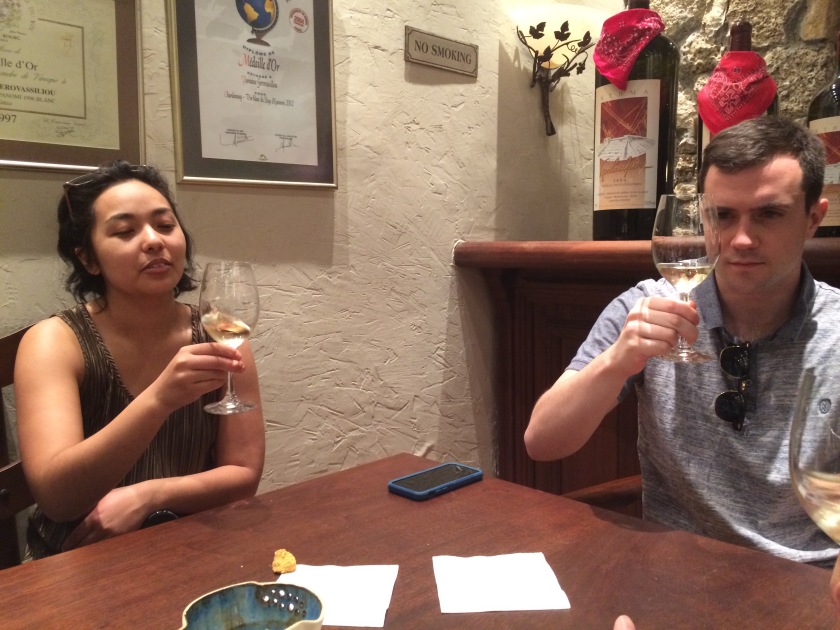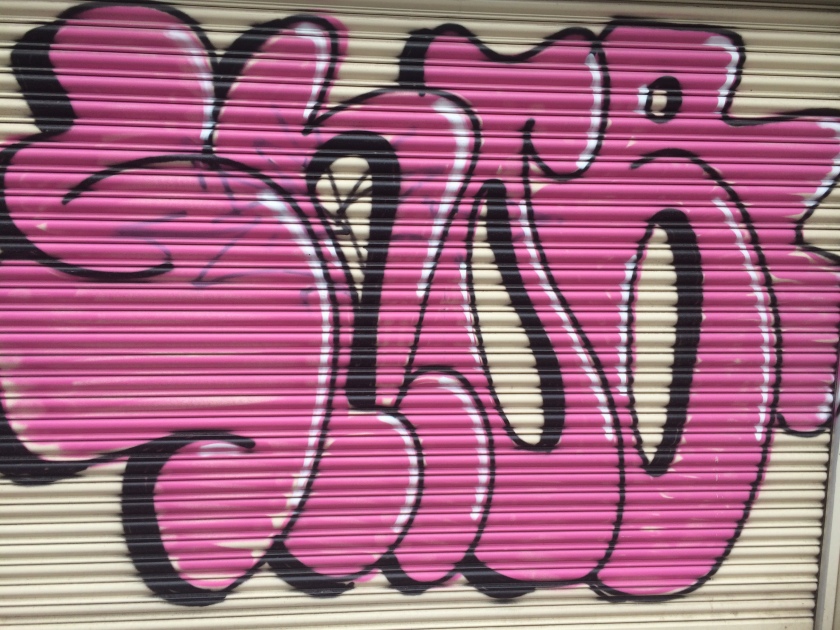I realize I haven’t blogged for a while, but there’s so much swirling around in my head that I wanted to give it some thought before I committed anything to digital paper.
It’s been an interesting couple of days to say the least. I’ve spoken with a master guitar maker in his small, rural home and I’ve seen molotov cocktails, thrown by hooded anarchists, arc through the air before exploding on a police officer’s motorcycle. And that was just one day.
Honestly it all still seems like a dream. I’m not sure it really happened, but I’m just gonna roll with it and assume it really did happen.
Assuming those two things did happen and weren’t part of some fever dream brought on by too little sleep and too much spanakopita, that one day really represents the part of Greece that I respect the most: a creative, sometimes violent, spirit.
Giannis Paleodimopoulos, the classical guitar maker I interviewed for a character profile I’m writing, is a creative spirit in the traditional sense. He’s a craftsman. He works with his hands and channels aspects of himself into his creations in order to make something beautiful. He molds curved bodies out of Spanish cedar and helps musicians conjure luscious soundscapes out of nothing but wood and metal.

It was really an honor to see him work and play (even if it was just for a little while). It’s not often that you get to see someone who really enjoys their work, and it’s clear from the little time I spent with him that Paleodimopoulos enjoys his life and craft to the fullest. It also made feel so lucky to be on this trip. I’ve been able to hear great stories, talk with interesting people and work with other skilled journalists like Sydne and Gwen, both of whom did incredible work on this story.
The anarchists I’ve seen marching, protesting and meeting have that same creative spirit. It just comes out in a violent gush of outrage, not a carefully crafted ode to joy.
The anarchists are trying – and trying and trying – to create something new, a wholly new society that benefits everyone. They’re just creating it through conflict, struggle and sometimes violence. Creation and destruction are two sides of the same coin in a lot of ways. There are some pretty unsubtle “phoenix will rise from the ashes” metaphors going on here, but they’re still actively trying to create something.
In an interview with an advisor to the mayor, he mentioned that there might just be an inherent anarchic spirit in Greece. I don’t know if that’s true, but there at least seems to be this drive to create something out of nothing, even if it first means turning something into nothing.












